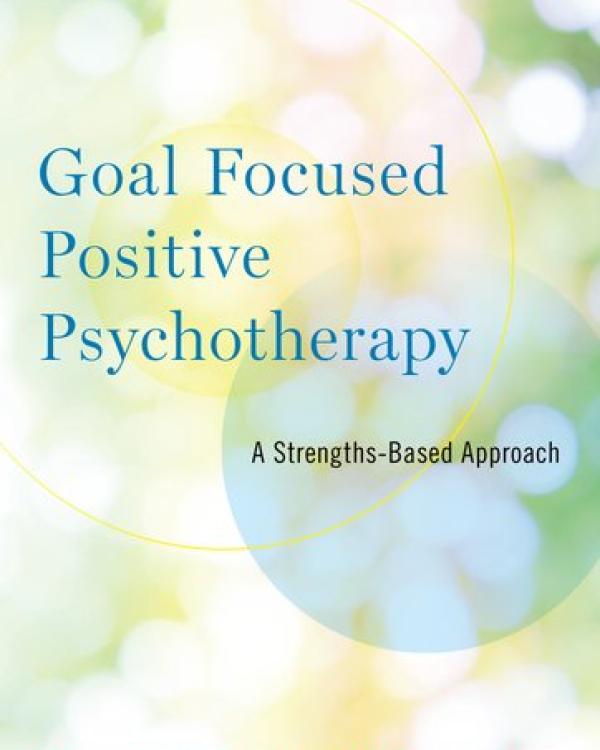
Professor Collie Conoley of UC Santa Barbara’s Gevirtz School has published a new book Goal Focused Positive Psychotherapy (Oxford University Press, 2018) with Michael J. Scheel. The book describes the therapeutic techniques and positive psychology interventions including positive empathy, capitalization, best possible self, success-finding, encouragement, self-affirmation, mindfulness, miracle and scaling questions, and self-compassion. The primary emphasis of Goal Focused Positive Psychotherapy (GFPP) is to promote happiness, health, and well-being in clients, in contrast to the emphasis of traditional therapy approaches on problem symptom alleviation. The assumption is that clients who benefit by increasing their well-being will be equipped to address problems in their life that inevitably arise. Training and supervision methods are suggested and a supervision model is provided. The information is integrated and illustrated with a chapter of case examples from four GFPP therapists. Readers learn that client problems are not ignored but balanced with an emphasis on positive issues that use the client's strengths and enhance the client's hope. GFPP will appeal to counseling, clinical, and school psychologists, as well as counselors, marriage and family therapists, social workers, life coaches, and students in all these fields.
Collie W. Conoley is Professor and Director of The Carol Ackerman Positive Psychology Center in the Department of Counseling, Clinical and School Psychology. Dr. Conoley’s research interests focus on applying positive psychology to individuals and families in a multiculturally informed context. He is author of over 80 publications and 115 presentations. He is a fellow of the American Psychological Association, Distinguished Psychologist Award for Contributions to Positive Psychology, and recipient of two presidential citations from the American Psychological Association.